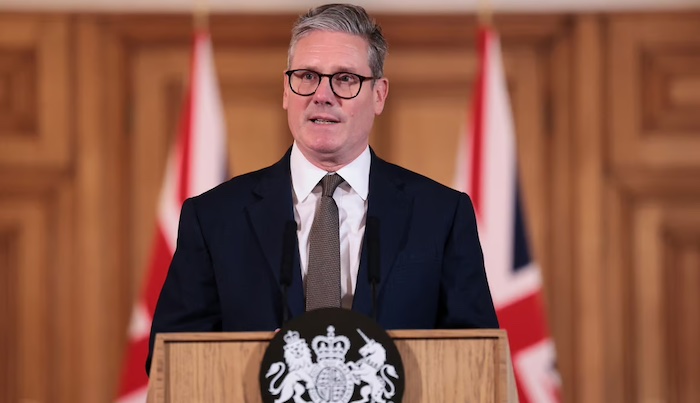
The UK government has approved a 4.1% increase in the national minimum wage for 2026, raising the main rate to £12.71 an hour from next April, in a move set to benefit 2.4 million workers aged 21 and over.
Announcing the decision on Tuesday, the government said the rise aims to keep wages in line with average pay, despite complaints from some employers that the move will push up costs and fuel inflation.
Finance Minister Rachel Reeves defended the increase, saying it was needed “so that those on low incomes are properly rewarded for their hard work”. The announcement comes a day before Reeves delivers her annual budget, expected to include tens of billions of pounds in tax rises.
A further 300,000 apprentices and workers under 21 will also receive wage increases of between 6.0% and 8.5% as the government continues phasing out lower rates for younger workers.
Reeves acknowledged ongoing economic pressures, stating “the cost of living is still the number one issue for working people and that the economy isn’t working well enough for those on the lowest incomes”.
However, the increase drew strong criticism from the hospitality sector, which warned it would inevitably lead to higher prices for consumers. “Hospitality businesses have reached their limit of absorbing seemingly endless additional costs. They will simply all be passed through to the consumer, ultimately fuelling inflation,” said Kate Nicholls, chair of trade body UKHospitality. She added that bigger pay rises for less experienced staff would make it harder for young people to find work.
The UK recorded the highest inflation rate among major advanced economies in October at 3.6%, partly driven by faster wage growth since the COVID-19 pandemic. While the Bank of England expects inflation to fall back to its 2% target by mid-2027, policymakers warn wage growth above 3% could hinder progress due to weak productivity.
Employers have also blamed higher labour costs for reduced hiring this year, with unemployment rising to 5.0%, the highest since 2021.
Despite these concerns, the Low Pay Commission, which recommended the increase, maintained that previous rises “have not had a significant negative impact on jobs”. Commission chair Philippa Stroud said the body had balanced the pressures on workers from rising living costs against employer challenges, noting “in our discussions this year with workers and employers alike, it has been clear that no one is having an easy time”.
The 4.1% rise aligns with the commission’s provisional recommendation issued in August.
Faridah Abdulkadiri



